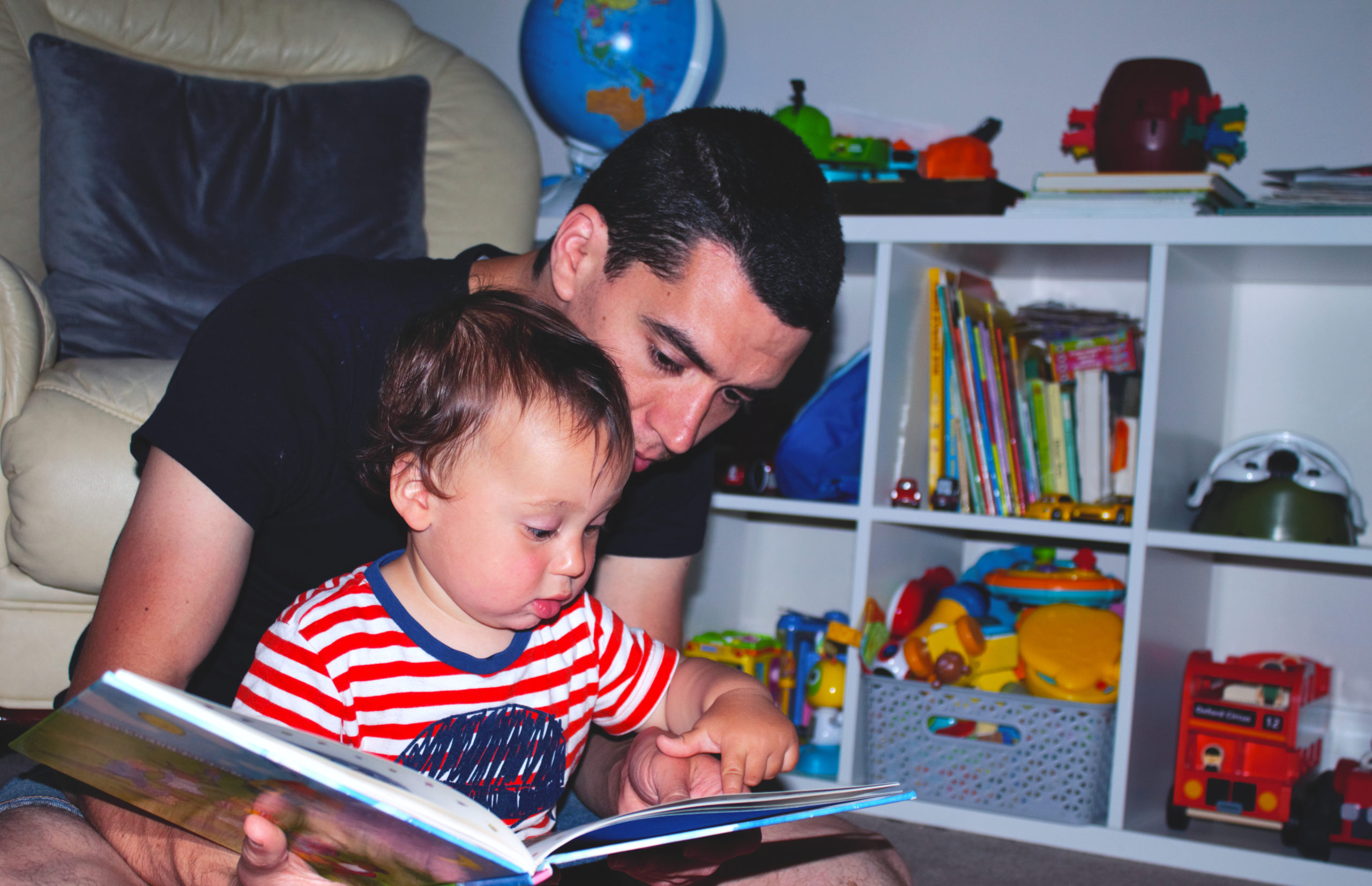Sitting where we do, in the middle of the bereavement journey, Life Ledger understands the importance of having a will in place. Wills are designed to help make your final requests clear. With it, once you have passed, the legal process that your family will have to go through to manage all of your assets will be far quicker.
Wills minimise the stress placed on your family, by making a potentially distressing process as efficient as possible. Plus, it gives them the peace of mind that comes with knowing your wishes have been fully met.
Wills are formal legal documents and so, due to their sensitive nature, there are a lot of strict legal requirements surrounding how wills are written, what makes them valid, and how they can be carried out.
To help you keep informed about this legal process, we’ve provided answers to 5 of the most commonly asked questions about wills. For anyone who wishes to create a will for themselves, or who has just experienced a loss and is unsure what to expect from this legal process, here is some of the key information that you’ll need.
What should go in a will?
When writing your will, you can include details like:
- Who would you like to name as your beneficiaries? You can name family members, friends, charities, or a combination of all three.
- Who would you wish to leave your home (or any other property) to? You might want to pass it on to your children, or split its value between your siblings, for example.
- Is there anyone that you have the duty of care for (including any pets)? You may want to ask that a close family member cares for them after you have passed.
- Do you own any personal possessions that you would like to leave to someone specific? For example, you may want to give a special family heirloom to your sister
- Do you have any specific wishes for your funeral? Like a favourite song to be played, or a personal request, like asking everyone to wear coloured clothes.
Different wills vary widely in their length and complexity. Largely, the complexity of a will depends on how many assets and beneficiaries are included.
Why should you have a will?
Wills provide complete clarity regarding your final wishes. These legal documents help your family and ease their stress, by giving them the knowledge that your wishes are being followed.
From a legal perspective, a will is the only way to guarantee that the right people will receive the assets that you hope to give them.
A great example of this is if you want to leave a share of your assets to your partner, but you aren’t married or in a civil partnership with them. Unless you are in a legal union, they’ll have no automatic legal right to receive anything. So, in order to make sure that this happens, you’ll need to declare it in a will.
Another key example is if you have any dependents in your care. If you have any young children, elderly parents, or any pets, you will naturally be concerned about what would happen to them if you were to pass.
With a will, you can name someone to become their legal protector after you are gone. Most commonly, this is a friend or family member that you love and trust. By adding this statement to your will, you can keep those in your care safe, and give yourself complete peace of mind.
This clarity and the legally-binding nature of the document is also vital in avoiding conflict. With a will, it’s far less likely that any confusion, disputes or legal issues will arise.
As you can imagine, this will be an invaluable help for your family, during this difficult time.
What happens if someone dies without a will?
When this happens, the deceased is classed as ‘intestate’. This gives solicitors the power to pass their assets on to specific people, carefully following the government’s intestacy rules.
If the deceased’s property is valued at less than £270,000, then their legal partner will inherit everything.
If the estate is worth more than £270,000, the deceased’s legal partner will inherit the first £250,000 of their estate, plus half of the remaining value and all of their possessions Then, the deceased’s children will receive the remaining value.
It is important to note that, without a will, only partners who the deceased is married to or in a civil partnership with are covered by intestacy rules. If they are not in a legal partnership, the partners will have no automatic legal right to a share.
If the deceased does not have a partner, then their children will receive all of the assets and estate. These will be split between the children, so that they all receive an equal share.
If the deceased does not have children or a partner, then their assets will be passed on to other family members.
This is an automatic process and although it is designed to be a fair way to distribute assets, it could mean that your possessions do not go to the people who you would want.
So, if you have specific beneficiaries in mind, any dependents or any valued possessions that you wish to leave in the care of someone specific, it is essential that you write a will.
Can I write a will myself?
Yes, you can write a will yourself.
However, this is not recommended if your will is complex. So, if you have a number of beneficiaries, or if you wish to pass on assets in a specific way, it is best to seek the guidance of a solicitor.
Although writing your will yourself could save you money, you need to be careful that you adhere to all legal regulations. Otherwise, you run the risk of your will being invalid.
If you would like to find out more about independently writing a will you can visit the GOV.UK website.
What could make a will invalid?
There are a number of factors that could cause a will to be deemed invalid. If this happens, then the will cannot be used by solicitors to pass on the deceased’s assets.
In this case, the deceased’s estate and belongings will be taken through the process of intestacy. Or, if they have written an earlier will which is valid, then this will be followed instead.
For instance a will could be classed as invalid if:
- The signature is incomplete, incorrect or missing
- The will and its requests are not clear
- The will has been altered
- When writing the will, the deceased was not sound of mind
- When writing the will, the deceased was being pressured or blackmailed
As you can imagine, an invalid will causes a whole host of challenges. If the worst were to happen, your loved ones will, of course, want to be able to act on your wishes.
The best thing that you can do to help them is to leave things in order. Ensure that you have a clear, legally valid will in place, which thoroughly covers all of your requests.
So, don’t put off getting things organised!






